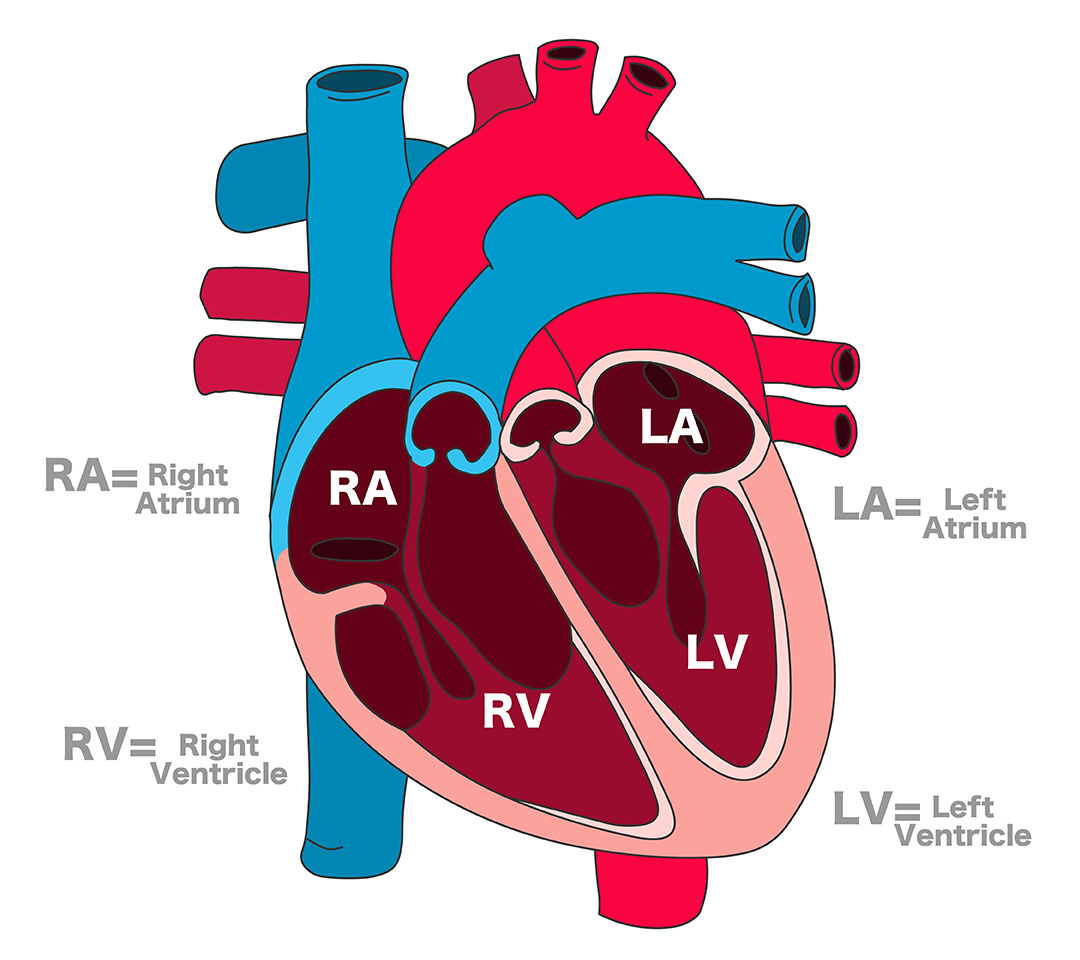

An atrium is a large chamber or hall. In anatomy, the atrium is a chamber in the heart that receives blood from the veins. The atrium then pumps the blood into the ventricles, which are the chambers that pump the blood out to the body.
There are two atria in the heart, the left atrium and the right atrium. The left atrium receives blood from the lungs, and the right atrium receives blood from the rest of the body.
The atria are important for the function of the heart. They help to keep the blood flowing through the heart and to ensure that the blood is pumped out to the body efficiently.
The atrium of the heart receives blood from the veins.

Noun: atrium (plural: atria).
Adjective: atrial.
Adverb: atrially.
Verb: atriate (to make something atria).
Gerund: atrialising.
Participle: atrialised.
The word "atrium" comes from the Latin word ātrium, which means "central court or first main room of a house, room which contains the hearth." The Latin word ātrium is derived from the Proto-Italic atro-, sometimes said (on authority of Varro, "De Lingua Latina") to be Etruscan.
Where are the atria located?